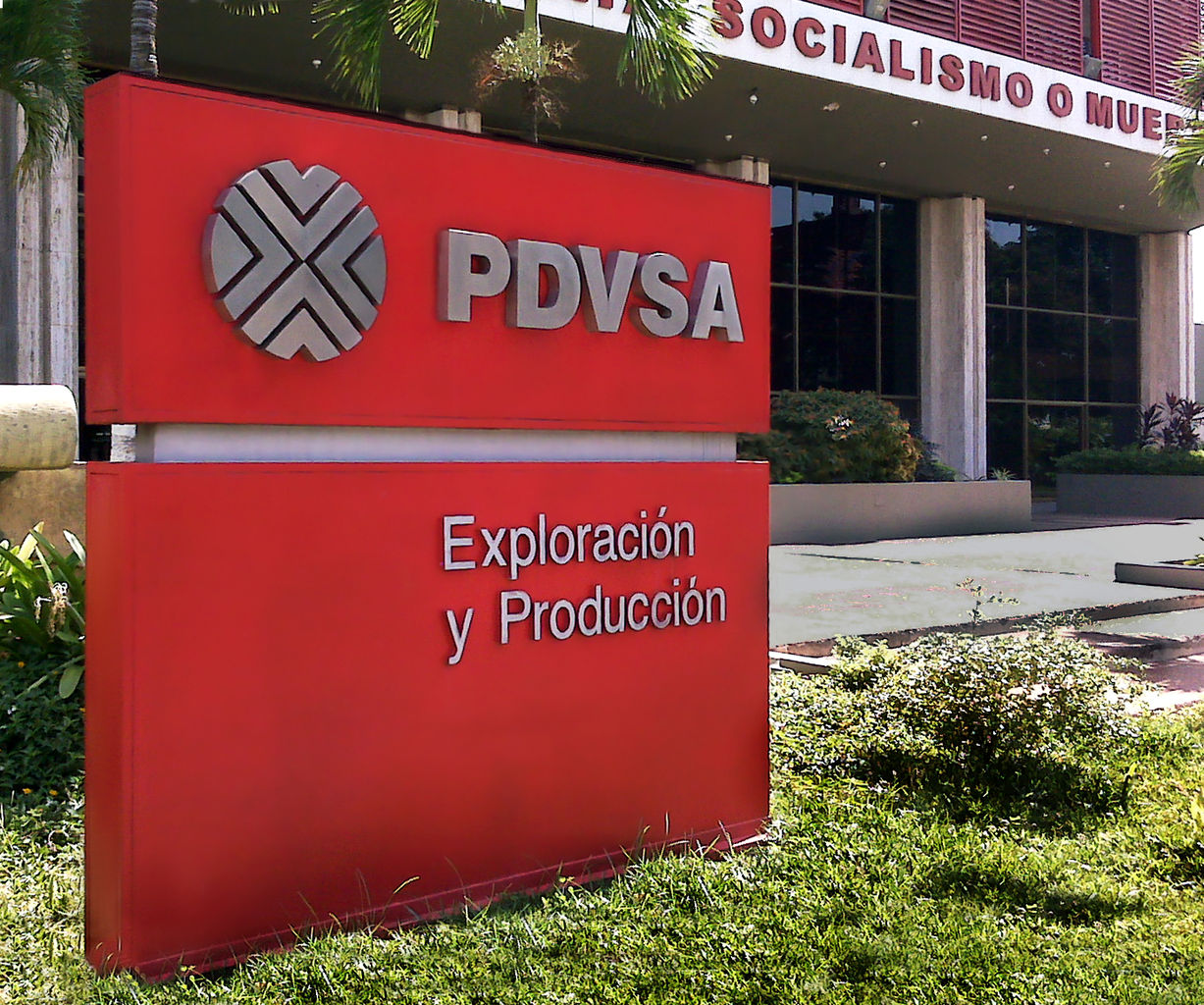Caracas. Venezuelan crude oil production continues to struggle with a number of obstacles stemming from sweeping US sanctions.
The latest monthly report from the Organization of the Petroleum Exporting Countries (OPEC) shows production in February at 700,000 barrels per day (bpd), just slightly higher than in January.
The oil industry continues to be affected by mismanagement, brain drain and, in particular, unilateral coercion. Since 2017, the US has imposed financial sanctions, an export embargo, secondary sanctions and a variety of other measures to cut off Venezuela’s main source of revenue abroad.
Production has declined from 1.9 million bpd in mid-2017 to less than 350,000 bpd in the second half of 2020. In 2021, it rebounded and has been hovering around 700,000 bpd for more than a year. Meanwhile, the country’s crude oil exports fell 8 percent in February to a four-month low. Exports of oil by-products and petrochemicals fell nearly 50 percent from January.
A newly appointed PDVSA board, led by Rafael Tellechea, has suspended and is renegotiating the existing sales contracts. As sanctions have driven out established trading partners, Venezuela has increasingly resorted to smaller or inexperienced middlemen who have reportedly defaulted on their payments. PDVSA now requires buyers to make upfront payments, similar to food or goods in swap contracts.
The availability of cheap Russian oil has also been a concern for PDVSA as China, the main buyer of Venezuelan crude, has recently reduced its imports. Venezuela was forced to stop its production Spot market place that is more susceptible to price fluctuations.
Caracas has increasingly turned to its allies to prop up the oil industry. Iran has become a reliable partner for revitalizing refining and pumping activities. Tehran has supplied diluents as part of a long-term swap agreement.
Venezuelan government officials met met with Igor Sechin, CEO of Russian energy company Rosneft, on March 6 to discuss plans to “increase crude oil production and develop new business opportunities.” Russian companies are involved in five joint ventures with PDVSA, currently producing around 80,000 bpd. Sechin took also attended ceremonies commemorating the 10th anniversary of the death of Hugo Chávez, who promoted cooperation with Russian oil companies.
Caracas has also approached little-known GazMin to reactivate PetroZamora, a joint venture in western Zulia state. According to data from Bloomberg GazMin operates in the United Arab Emirates and Kuwait.
The Company will acquire a 40% interest that was owned by GPB Global Resources before the Venezuelan government took it over in September 2022 to resume operations at a capacity of 110,000 bpd. GPB has announced that it will challenge the expropriation.
Other opportunities to increase oil production lie with Western companies such as Chevron (US), Eni (Italy) and Repsol (Spain). However, this would not be the case for PDVSA cheap.
In November, the US Treasury Department granted Chevron a six-month license to resume operations at its 200,000 bpd joint ventures in Venezuela. Still, production is currently only around 90,000 bpd. Chevron CEO Michael Wirth explained further increases are limited by “political risks”. Chevron’s approval has sparked speculation and debate over clauses that limit tax and royalties revenue for the Venezuelan state.
Eni and Repsol received US licenses for oil against debt swaps in May 2022. PDVSA snow however, canceled the agreement three months later to renegotiate the terms. Six months later they were back recorded. It is currently unknown whether new agreements have been made. Both European companies are said to be seeking greater operational control over their respective projects in Venezuela.
